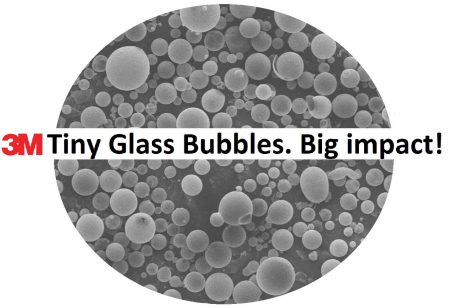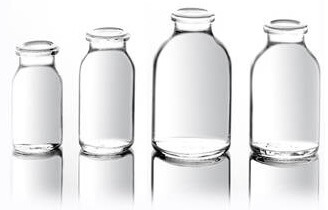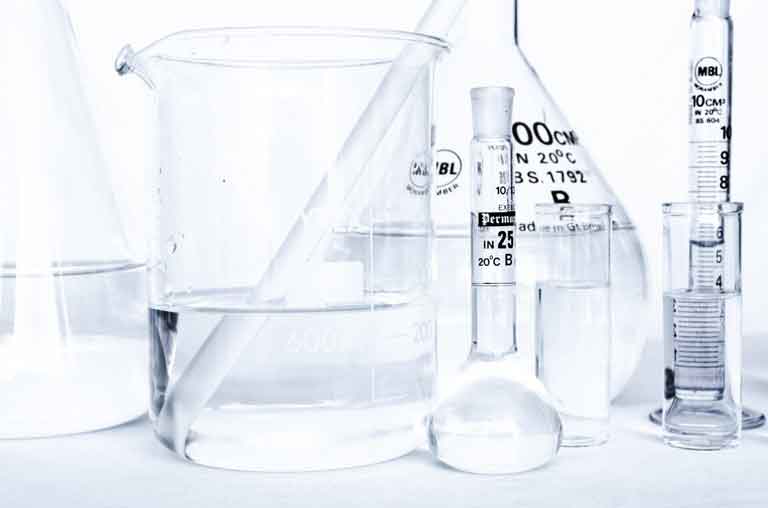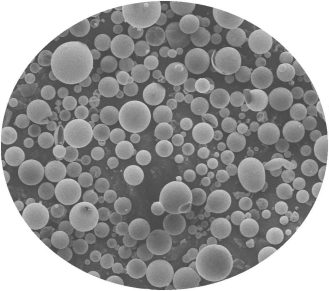Innovative Applications of 3M™ Glass Bubbles in Industry
Revolutionizing Industries

Have you ever wondered what makes the materials in your everyday products so durable yet lightweight? The answer might lie in the innovative technology of 3M Glass Bubbles. These tiny spheres are not just a marvel of modern engineering; they are a testament to the ingenuity of material science. How do these minuscule additives make such a significant impact across various industries? Let's delve into the world of 3M Glass Bubbles technology and uncover the secrets behind their remarkable benefits.
3M Glass Bubbles are revolutionizing the way we think about product design and efficiency. These hollow microspheres are incorporated into a myriad of products, from construction materials to automotive parts. Their primary function is to reduce weight without compromising strength, leading to advancements in fuel efficiency and resource conservation.
The Glass Technology
Soda Lime Glass
The journey of glass technology begins with soda lime glass, the most prevalent type of glass in use today. This material has been around for millennia, serving as the backbone for everything from ancient windows to modern dinnerware. Composed of silicon dioxide, sodium oxide, and calcium oxide, soda lime glass accounts for about 90% of all glass products, including the bottles and glasses we use daily.


Borosilicate Glass
Borosilicate glass is an “engineered” glass developed specifically for use in laboratories and applications where thermal, mechanical and chemical conditions are too harsh for standard, household-type soda lime glass. Some common names of borosilicate are Pyrex™ by Corning and Duran™ by Schott Glass. Like most glasses, the main component of borosilicate glass is SiO₂. The big difference is it has boron oxide and various other specialty elements instead of “soda and lime” to give it its outstanding qualities.
3M Soda Lime Borosilicate Glass Bubbles
Combining the best of both worlds, 3M Soda Lime Borosilicate Glass Bubbles are crafted from a fusion of borosilicate and soda lime glass. This unique blend results in a product that offers both purity and durability. These glass bubbles are chemically inert, water-resistant, and feature a smooth, nonporous surface. Their spherical shape provides a multitude of advantages over traditional fillers, including uniformity and reduced weight.
The applications of 3M Glass Bubbles are extensive. In the automotive industry, they contribute to lighter plastic parts, leading to improved fuel efficiency. In construction, they enable quick-drying, low-shrinkage spackling. For the energy sector, they reduce the weight of cement in oil wells and provide insulation for underwater pipes, facilitating more efficient oil extraction.

3M Glass Bubbles technology is a game-changer across various sectors. By offering a unique combination of lightness and strength, these innovative materials are setting new standards for performance and design. Whether it's enhancing the durability of sporting goods or contributing to the sustainability of vehicles, 3M Glass Bubbles are at the forefront of material innovation.
Learn More About 3M Glass Bubbles
